
No matter how well you curate the most amazing resume, a time will come when you just won’t know how to move forward with your professional life. One day you’re at the top of your game, and the next, you’re on the couch playing video games just to pass the time.
It happens even to the best of us. Getting out of this mess might involve asking for the help of a professional. But which one will you need: a career coach or a career counselor?
There’s a debate on the whole career coaching vs. career counseling subject. For some, there’s no difference. But for those who truly want the best help when it comes to their careers? They are not one and the same.
Today’s article will discuss the difference between career coaching and career counseling so that by the time you finish reading, you’ll know which one you’ll have to call.
CAREER COACHING
You don’t know how to move forward.
CAREER COUNSELING
You don’t know what you want for a career.
How are career coaching and career counseling the same?
Before we can discuss differences between career coaching and career counseling, we need to lay out why they are similar, and hence the confusion between the two.
Suppose you browse through search engines right now. You shouldn't be surprised to find that an article titled career counseling is abundantly littered with the word coaching in its body. The same goes for articles about career coaching. They, too, occasionally throw in the counseling word here and there.
As an example, Janet Sheath’s article ‘The education and training of career coaches: a psychological model’ referenced Chung and Gfroerer’s paper entitled ‘Career Coaching: Practice, Training, Professional, and Ethical Issues’ (both of which are career coaching centric) with the statement:
Career coaching combines the concepts of career counseling, organizational consulting, and employee development.
As such, we can conclude that both coaching and counseling take ideas from each other and incorporate those in their own respective fields. I believe it's safe to say that career coaching and career counseling are fraternal twins – they share characteristics but are still not the same entity.
We can still distinguish one from the other. But we can also mistake the two from time to time. Some of the themes that career coaching and career counseling have in common include:
- Career decision-making: Figuring out and choosing what work you want to do.
- Development strategy: Actions to be taken in order to move up in a profession or company.
- Career transition: Strategies on how to change from one profession to another.
- Job search: Finding work after going through a job loss.
- Money generation tactic: Shifting from a paid job to a personal business.
What’s the Difference between career coaching and career counseling?
 Despite being used interchangeably, career coaching is not the same as career counseling. Both can be very important for your success, but how their roles will function differs when it comes to your situation. Most of all, both have their own different but effective approaches.
Despite being used interchangeably, career coaching is not the same as career counseling. Both can be very important for your success, but how their roles will function differs when it comes to your situation. Most of all, both have their own different but effective approaches.
It all comes down to whether you’re still just starting out or already onto the next big (and new) thing.
What is Career Coaching?
You don’t know how to move forward.
Knowing that you can do something doesn’t always coincide with knowing that you want to do it. For example, ticking off all the qualifications for a job position doesn’t mean that it would be something that you would like to pursue.
A career coach can then shed light to help you figure out what job will bring you fulfillment. It can be similar to your old job but with a better professional and personal growth space for you. Or it can also be completely distinct from the old one. It can be something you never considered before. A career coach can then help you in creating and setting actionable goals in moving forward.
When you participate in career coaching, what you value, where your strengths lie, and what your interests are will also be factored into the process.
The focus of career coaching is on actions with behavioral change in mind.
What is Career Counseling?
You don’t know what you want for a career.
You may have already encountered a career counselor back when you were still in high school. Counseling is typically offered to students in order to help them weigh their career options. A counselor aids those who have uncertainties about what they want to do for a living. They even offer assistance in resolving disagreements between the parents and the child.
When you’re young and still just figuring out your place in the world, making decisions regarding a career may feel like a make-it-or-break-it moment. And I guess it truly is when you don’t know how a particular path will turn out. It’s just your future on the line here, right? No biggie. A career counselor can guide those (student or not) to know which career path to follow.
Specifically, career counselors are more of the "mental health service providers" sort that enables people to fulfill their dream job.
When it comes to counseling, the major goal is to match a person’s assets and strengths with the requirements of a certain job position.
Qualifications to be a career counselor or career coach

Career coaches usually get certifications from accredited institutions like the International Coaching Federation. On the other hand, career counselors need to have a formal license, such as a Licensed Professional Counselor or LPC, to be allowed to practice in a particular state. The qualification is actually the most explicit depiction of how the two are different.
According to the American Counseling Association, career counselors typically need:
- Master’s or doctoral degree in counseling from an accredited institution
- Minimum of 3000 hours of clinical experience after getting a masteral
- Passage of the National Counselor Examination or something similar
- Adherence to the Code of Ethics and similar standards of the practice
Career coaches can either get certified or not, with many of them choosing not to. But what they lack paper-wise, they make up for their experiences. A career coach may have worked in HR before or just had a successful career (no matter the industry).
Approach taken by career counselors and career coaches
 Career coaching incorporates interventions that are likely to enhance your performance and self-development (Reid, 2015).
Career coaching incorporates interventions that are likely to enhance your performance and self-development (Reid, 2015).
What do I mean by this?
The focus of career coaching is on actions with behavioral change in mind. Career coaching equals goal-oriented strategies that tackle irrational ideas and behaviors.
Hold on. Irrational ideas? Behaviors?
Exactly those.
It’s easy to feel defeated when you’re uncertain about how your career is going. It is even easier to let the doubts pile up and cripple you agonizingly from the inside. It starts from the mind until you are physically incapable of doing something to change your situation.
Now, to get you out of that turmoil, a career coach works with you to devise a career development plan. Their approach also involves investigating your alternatives and how you can improve your communication skills and self-presentation.
Additional tasks of career coaches include refining their client’s leadership skills and aiding in creating a healthy work-life balance. Furthermore, coaching helps individuals in accessing what they already know (Reid, 2015). There may be questions that they have never asked themselves. But this doesn’t mean that they don’t have the answers. A career coach enables their clients to find those answers.
On the contrary, career counseling factors in statistics of the current in-demand jobs. The practical sense of it all, in a way. You see, when it comes to counseling, the major goal is to match a person’s assets and strengths with the requirements of a certain job position (Zunker, 2016).
Career counseling also incorporates the uniqueness of each client in order to tailor individual strategies for making a career choice. With these individual differences in mind, diversity is a strongly given consideration. Issues like gender, culture, sexual orientation, physical and cognitive abilities, and others are tackled. Specialized approaches may also be given to those who have been discriminated against or oppressed.
Nowadays, career counseling practices suggest a connection between mental health and career development. Concerns about logical thinking can interfere with the process of career choice and development. Functioning well in a working environment can be an issue for those with personality disorders. So, the mental aspect is factored in as well in the counseling approach.
Results from career counseling vs career coaching
 Obviously, both will help you get the job in the end.
Obviously, both will help you get the job in the end.
But…
Career coaching seeks to pick apart the client’s current self and then provide the design and plan for reconstructing it to the next stage of actualization (Cox et al, 2018).
If you have just been laid off from a job you have spent the majority of your life in, it would feel like the end of the world. A career coach will untangle your woes, separate what happened from what your future can hold, cut your negative thoughts, and nip any underlying doubts. Once everything is set out openly, with each piece that makes up the whole (you) scattered, a career coach will devise a plan on how those pieces will fit together and how the both of you can work in building the future that you want. This time around, you emerge as the better, more formidable version of yourself, doing the thing you wouldn’t mind consuming most of your time.
By comparison, career counseling considers people’s job satisfaction when finding the best work environment (Zunker, 2016). Satisfaction is based and evaluated on the type of work, relationship with co-workers, workload, autonomy, self-expression, adjustments, and others.
Career counseling should help ensure that a job aligns with your values and personal needs. It provides room for growth and even allows you to explore your interests. An example is when your organization consults with career counselors.
Career counselors can offer assistance to all employees regarding worker satisfaction. Keeping people satisfied leads to better productivity as it fuels them to perform well at work. Not only will you as an employee thrive, but the whole of the organization will benefit as well.
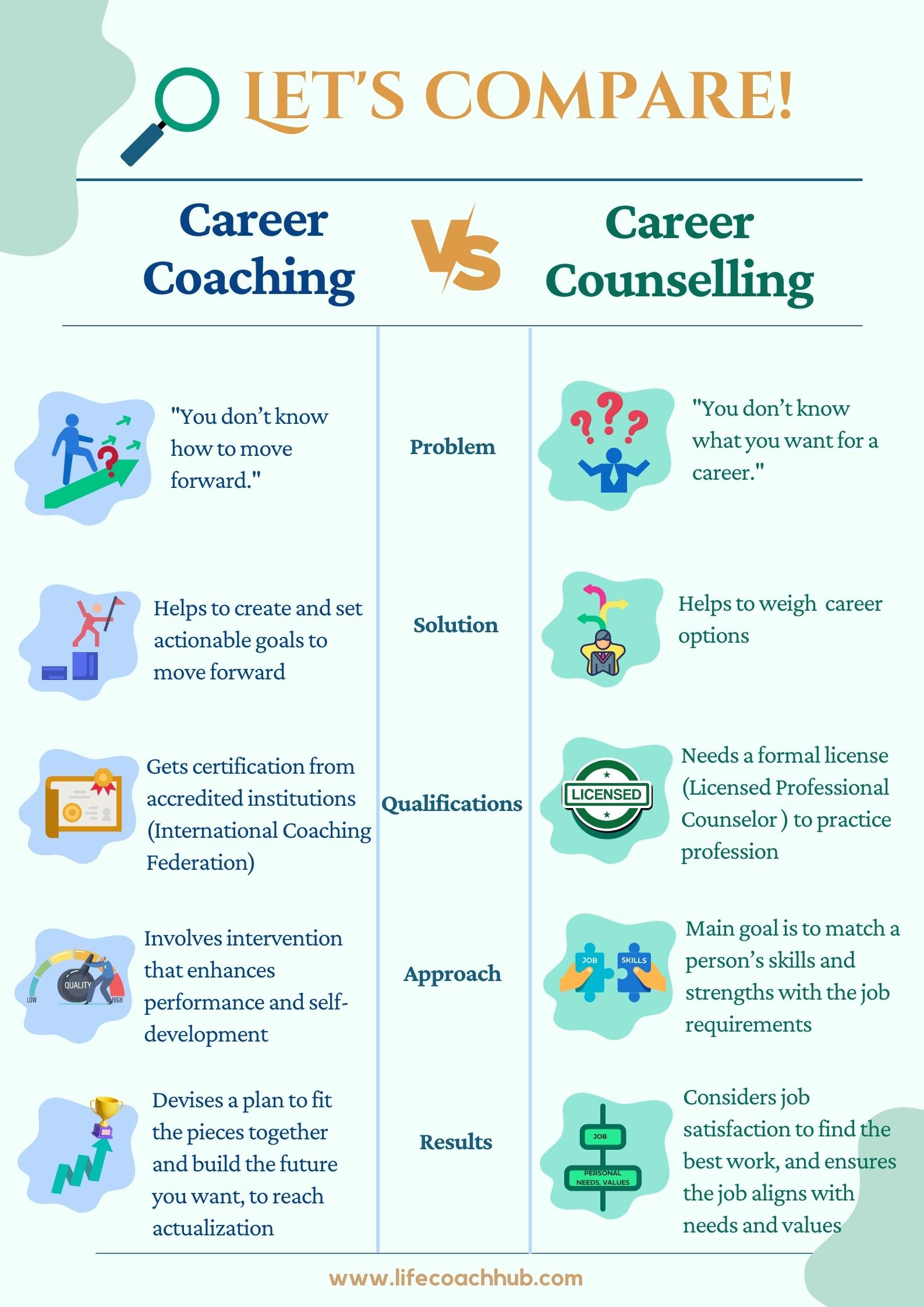
Which to choose? A career counselor or career coach?
 It all comes down to whether you’re still just starting out or already onto the next big (and new) thing.
It all comes down to whether you’re still just starting out or already onto the next big (and new) thing.
I’d suggest consulting with a career counselor when you don’t know which career you want. Consider a career coach when you feel like you’ve lost your spark in chasing after the career you truly want.
Whichever you end up with, you need to ensure that you do all the necessary research before actually committing to one. Here are some of the considerations for you to keep in mind:
- Interview them about the other people they’ve helped before.
- Inquire about the services they are offering.
- Ask if they will perform personality tests or other assessments and what those tests entail.
- Find out how they plan on helping you in your career path.
- Look through reviews from their former clients.
- Get a good gut feeling that they are capable of assisting you with your career.
- Let them explain their approach or the programs they will carry out (how they work, their effectiveness, etc.).
Overall, it would be best to find someone you are comfortable with — a professional who is genuinely concerned about your career goals and development. Someone who understands that every client has their own unique set of abilities and traits, thereby making the necessary adjustments in curating the right approach.
Career professionals go by many names. Some describe themselves as coaches, others as counselors. What you need to do is focus on the program they are offering instead.
Why You Should Care?
 Being stuck and scratching their heads with no idea what to do next is something successful individuals go through before finding their groove again. Sometimes, it’s a blessing in disguise. It can just be that one thing that needs to happen for you to find another career track. And not only will it benefit you financially, but it will bring you contentment too.
Being stuck and scratching their heads with no idea what to do next is something successful individuals go through before finding their groove again. Sometimes, it’s a blessing in disguise. It can just be that one thing that needs to happen for you to find another career track. And not only will it benefit you financially, but it will bring you contentment too.
This is self-actualization at its finest that only a few ever achieve, don’t you think? The moment of realization that what you chose is not a good fit and taking the initiative to change professions.
Lastly, career professionals go by many names. Some describe themselves as coaches, others as counselors. What you need to do is focus on the program they are offering instead, as advised by Laurence Stybel, a licensed psychologist.
It just so happens that the deciding factor might rely on what approach a career professional will subject you to.
Still, it is essential to note that one doesn’t supersede the other. There are varying factors that dictate the applicability and usefulness of the services that each offers (Reid, 2015).
So, who do you call? (slyly whispers Ghostbusters)
But seriously, based on your situation, which one can provide you with the insight you need?




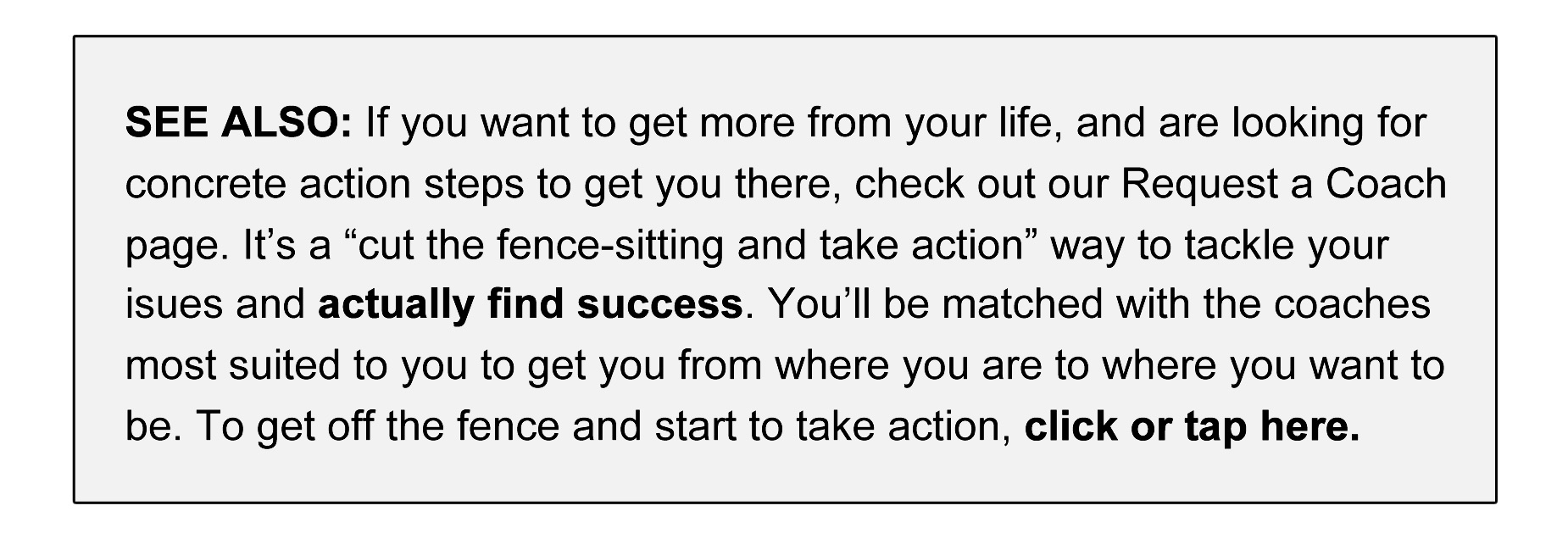
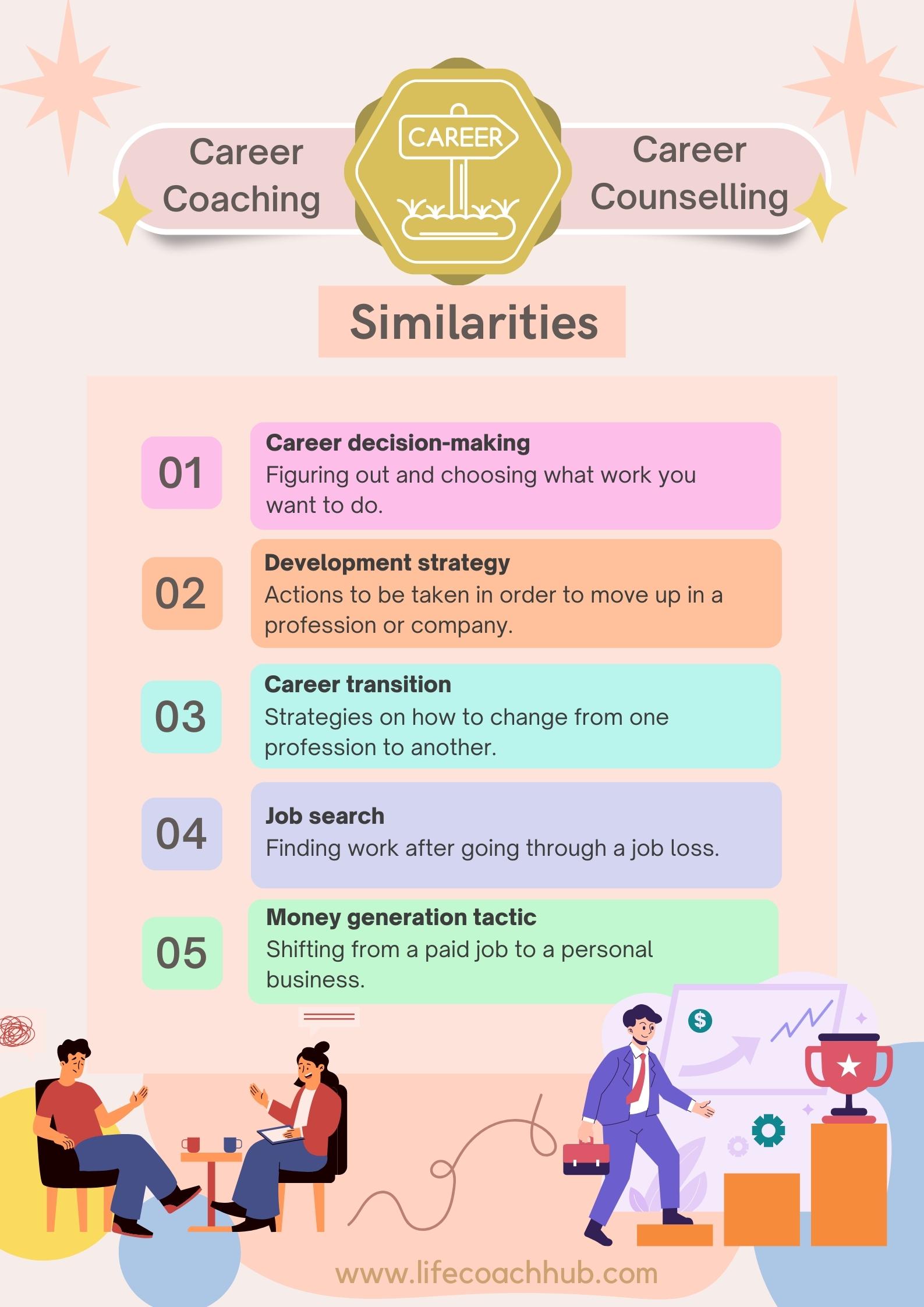











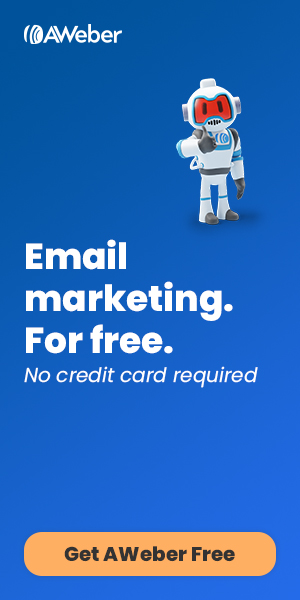

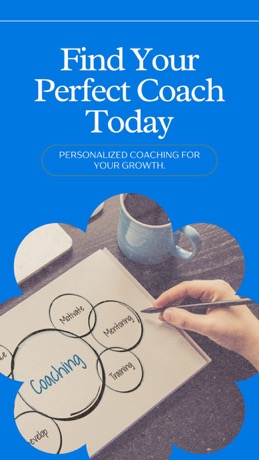










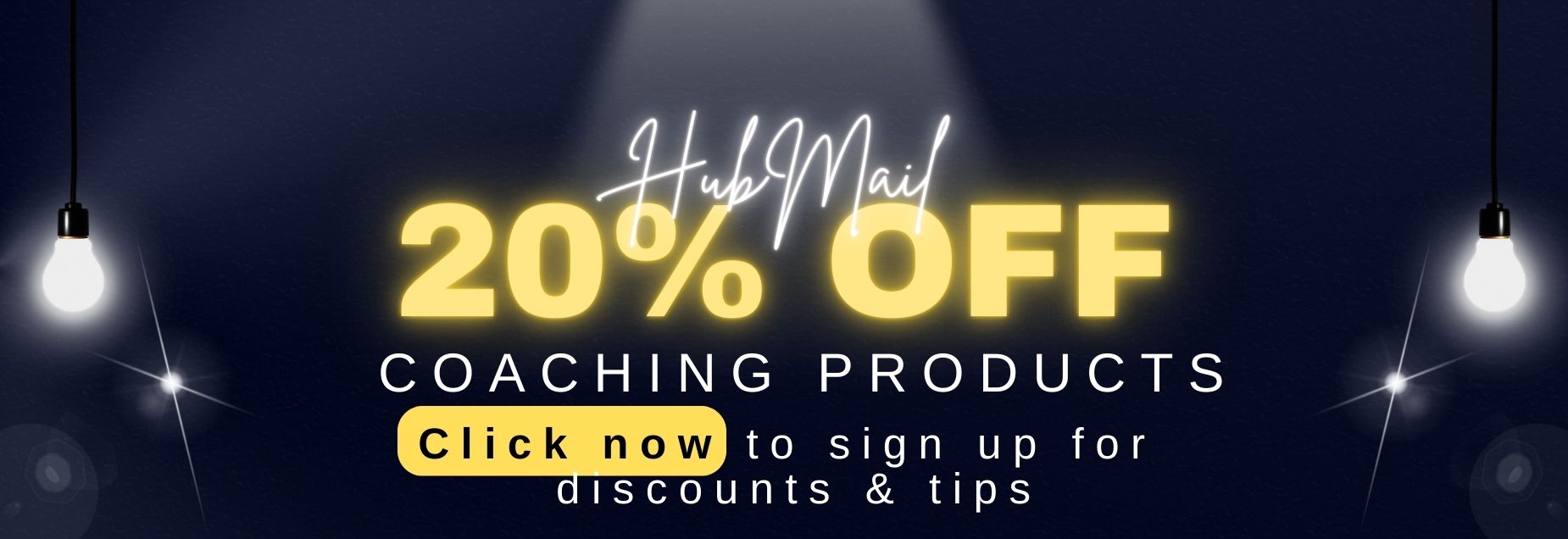
COMMENTS